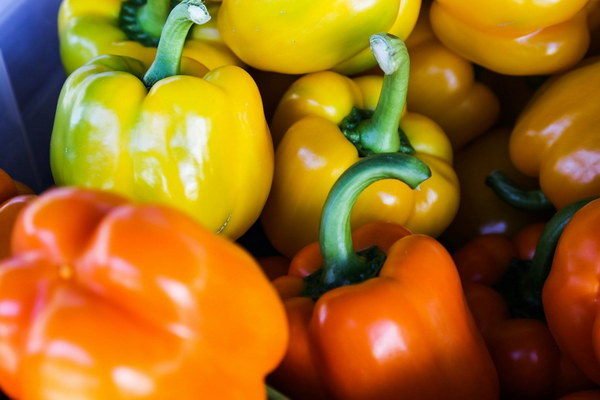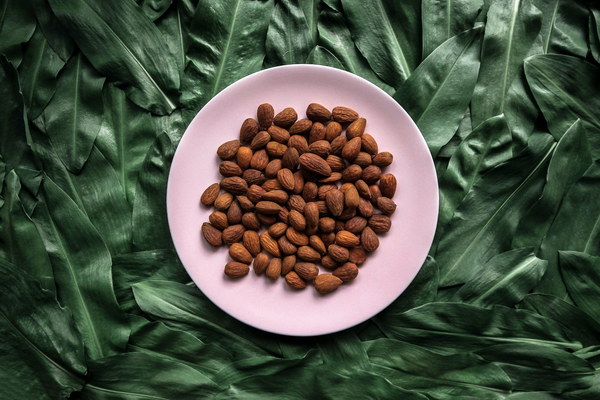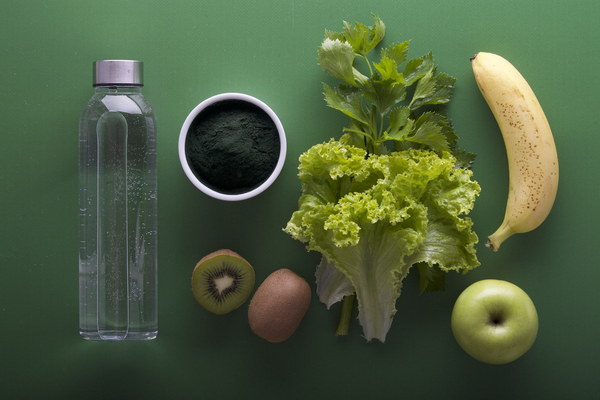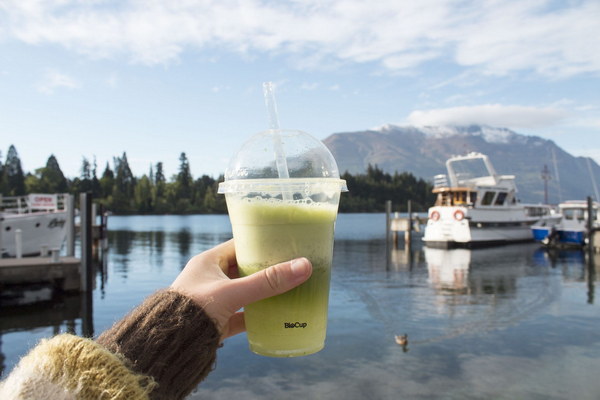Are Tonifying the Spleen and Eliminating Dampness the Same
In traditional Chinese medicine, the concepts of tonifying the spleen and eliminating dampness are often intertwined, leading to confusion among many individuals. Are they the same, or do they serve different purposes? In this article, we will explore the similarities and differences between these two concepts to help you better understand their roles in maintaining a healthy body.
Firstly, let's clarify the meanings of these two terms:
1. Tonifying the Spleen: The spleen, in traditional Chinese medicine, is responsible for transforming food into energy and transporting it throughout the body. Tonifying the spleen refers to enhancing the spleen's function to improve digestion, absorption, and transportation of nutrients, thus promoting overall health.
2. Eliminating Dampness: Dampness is a pathogenic factor in traditional Chinese medicine, which can be caused by excessive intake of damp-producing foods, living in a damp environment, or other factors. Eliminating dampness aims to remove this pathogenic factor from the body, preventing it from causing various diseases.
Now, let's delve into the similarities and differences between tonifying the spleen and eliminating dampness:
Similarities:
1. Both aim to improve overall health: Whether it is tonifying the spleen or eliminating dampness, the ultimate goal is to enhance the body's resistance and maintain a healthy balance.

2. Both are related to digestion: Since the spleen is responsible for transforming food into energy, tonifying the spleen and eliminating dampness both involve improving digestion.
Differences:
1. Focus: Tonifying the spleen focuses on strengthening the spleen's function to improve digestion and nutrient absorption, while eliminating dampness targets the removal of dampness, a pathogenic factor that can hinder the spleen's function.
2. Treatment methods: Tonifying the spleen often involves using herbs such as Astragalus, Codonopsis, and Ginseng, which can strengthen the spleen and enhance its function. Eliminating dampness, on the other hand, may require herbs like Atractylodes, Poria, and Alisma, which can help remove dampness from the body.
3. Symptoms: Tonifying the spleen is more suitable for symptoms such as fatigue, weakness, bloating, and loose stools, while eliminating dampness is better for symptoms like heavy limbs, edema, and damp-heat in the body.
In conclusion, although tonifying the spleen and eliminating dampness share some similarities, such as improving overall health and being related to digestion, they are not the same. Tonifying the spleen aims to strengthen the spleen's function, while eliminating dampness focuses on removing dampness as a pathogenic factor. It is important to differentiate these two concepts and apply the appropriate treatment methods based on individual symptoms and health conditions.
In traditional Chinese medicine, a holistic approach is often taken, which means that both tonifying the spleen and eliminating dampness may be used in combination to achieve better results. By understanding the differences between these two concepts, individuals can better choose the right treatment plan to improve their health and well-being.









